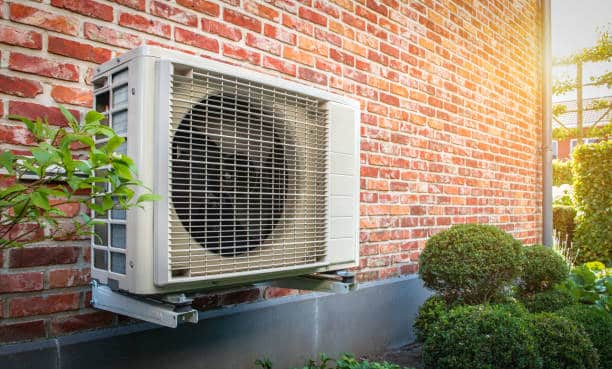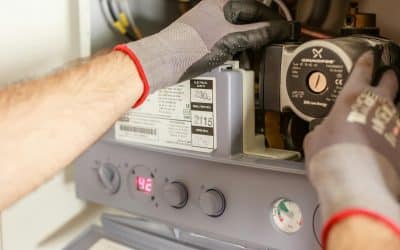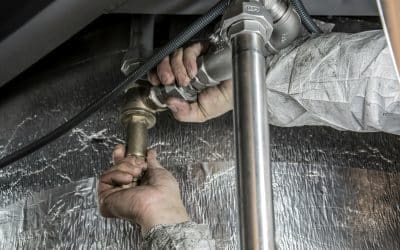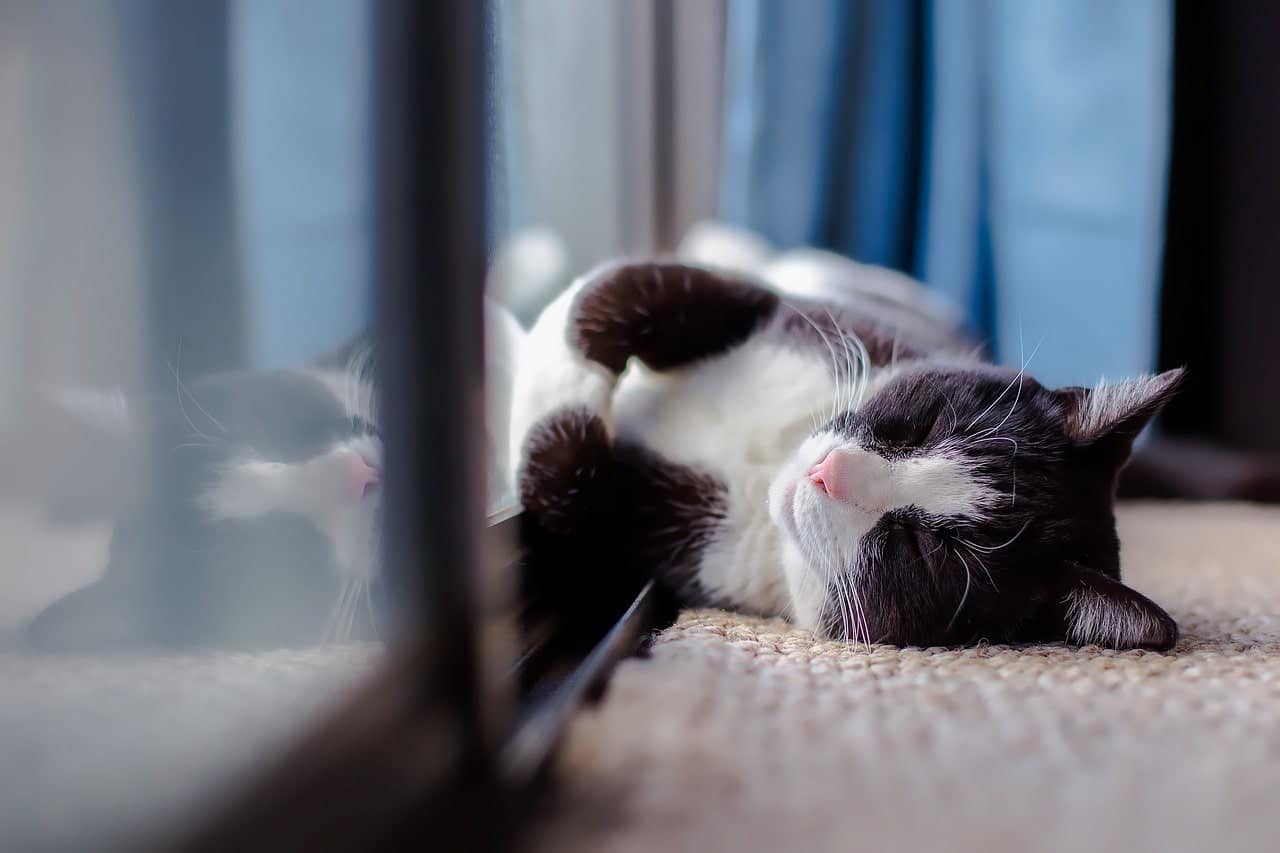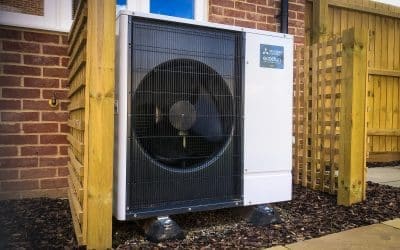With winter almost here, it’s time to get thinking about heating up your home.
If you’re an air source heat pump (ASHP) user, you don’t need to worry. You can continue to rely on it to keep you warm and cosy during the cold winter months in just the same way as it kept you cool during the summer.
However, you will need to prepare your heat pump for winter by taking preventative measures to ensure that it doesn’t break down during the cold season. Regardless of how cold it gets outside, your HVAC system (heating, ventilation and air conditioning) should be able to maintain the temperature within your property.
Our experts at JL Phillips have years of experience installing and maintaining heat pumps, so we’re here to provide you with a few essential heat pump tips for winter to keep you warm and toasty this season.
Let’s find out more about how you can take better care of your heat pumps during the winter months.
How do Heat Pumps Work?
Firstly, in order to properly maintain your heat pump, you need to have a basic understanding of how it works. Unlike boilers, furnaces, fireplaces, and other heating systems, air source heat pumps do not generate heat. Instead, they move heat around by pulling it from the outdoors and using it to warm up your indoor space.
During the chilly winter months, air source heat pumps extract heat from the ambient air and transfer it inside your property. During the summer, heat pumps extract the cool air from outside and transfer it indoors.
As heat pumps work differently during the winter than they do during the summer, you need to safeguard the lifespan of your heating system by taking a few precautionary steps.
As the leading providers of renewable energy heating systems in the UK, our specialists at JL Phillips are here to help you with your heating requirements. We can provide you with green and energy-efficient heat pumps for your property.
Get in touch with us for clean and green solutions to fulfil your heating needs. Heat pumps not only help you reduce your home’s carbon emissions but are also eligible for the Boiler Upgrade Scheme (BUS), making them more affordable than ever.
Heat Pump Tips for Winter
1. Clear the Area
In order for your heat pump to run efficiently and have maximum airflow, you will need to clear the area around it. Any fallen leaves, branches, snow, yard tools, or debris surrounding your heat pump can lead to airflow issues. This could result in it being unable to perform as necessary.
That’s why you need to move all such debris away from your heat pump to ensure that there are no obstructions to the airflow.
2. Change Your Filter
A dirty air filter can lead to blockages in the airflow through your HVAC system, which causes your ASHP system to work harder. An overworked system will not only use more energy but will also lead to higher costs on your utility bills.
Depending on your type of filter, you should change it every 1 to 6 months to avoid a large amount of dirt buildup. A clean air filter will ensure good quality indoor air and help your heating systems last longer.
3. Thermostat Settings
The thermostat settings of your heat pump include heating, cooling, and emergency heat. When it starts to get chilly during the fall, make sure that you switch to heat mode on your thermostat, and not to emergency heat mode.
The emergency heat mode should only be used if your heat pump is completely iced up or not working. Find the thermostat settings that strike the perfect balance between comfort and energy efficiency during the winter months.
- Don’t Cover Your System
Your heating system doesn’t need to be covered during the winter season as it is designed to survive the outdoors. Covering your heating system can also lead to problems such as mould growth and pest infestations.
Even in extremely cold weather, if your heating system is covered in ice, the defrost mode in your system can effectively take care of it. Clearing the ice by yourself can be dangerous to you and your heat pump.
Consult our heat pump servicing specialists to take care of the ice built-up.
5. Schedule a Maintenance
To ensure that your heating system is in great condition, you should have it checked regularly, especially before the temperature drops. One of the most essential heat pump tips for winter is to schedule annual maintenance.
You’ll need to schedule this servicing visit as early as possible to reduce wait times – the colder months are some of the busiest times of the year for the HVAC industry, and you’ll want to have resolved any issues before winter to reduce waiting times. A regular annual maintenance visit can improve the efficiency of your heating system and extend its lifespan, keeping your bills lower for longer.
Contact JL Phillips for All Your Heating Requirements
Looking for eco-friendly and energy efficient heating solutions for your home?
At JL Phillips, we’ve got you covered!
We can provide you with a wide range of renewable energy heating systems such as biomass boilers, air source and ground source heat pumps, underfloor heating, and solar panels.
With decades of experience in the industry, our experts can help you find the best heating solutions to suit your needs. We also provide installation and maintenance services.
Check out our products and reach out to us to learn more about our services.

